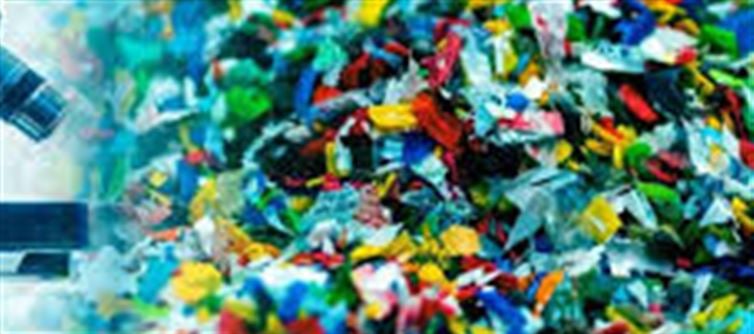
Plastic pollution is a major environmental challenge, but scientists in japan have taken a significant step toward a sustainable solution. Researchers at Kobe University have developed a bacteria-based ingredient that could revolutionize the way plastics are made. Here’s what you need to know:
🧬 1. The Breakthrough
- Scientists engineered bacteria to produce a plastic ingredient naturally
- This ingredient can replace conventional petrochemical-based plastics
- Reduces dependence on fossil fuels and lowers carbon emissions
♻️ 2. Eco-Friendly Benefits
- Biodegradable: Breaks down faster than traditional plastics
- Non-toxic: Safe for soil, water, and ecosystems
- Sustainable production: Uses bacteria instead of petroleum as raw material
🔬 3. How It Works
- Bacteria are cultured in controlled conditions
- They synthesize polymers or precursor compounds used in plastics
- Scientists can modify bacterial metabolism to produce plastics of varying strength and flexibility
🌏 4. Environmental Impact
- Can significantly reduce plastic pollution in oceans and landfills
- Offers a low-carbon alternative to standard plastic manufacturing
- Could help countries meet sustainability goals and reduce greenhouse gases
🛠️ 5. Potential Applications
- Packaging materials, bottles, and disposable items
- Automotive and electronics industries for lightweight and biodegradable components
- Everyday items like bags, cutlery, and household containers
💡 6. Challenges Ahead
- Scaling production to commercial levels
- Ensuring cost competitiveness with conventional plastics
- Regulatory approval and industry adoption
🌟 7. Final Takeaway
The development of bacteria-based eco-friendly plastics represents a major leap forward in sustainable materials science. If scaled effectively, it could transform the plastic industry, reduce pollution, and offer a cleaner, greener future for the planet.
Disclaimer:
The views and opinions expressed in this article are those of the author and do not necessarily reflect the official policy or position of any agency, organization, employer, or company. All information provided is for general informational purposes only. While every effort has been made to ensure accuracy, we make no representations or warranties of any kind, express or implied, about the completeness, reliability, or suitability of the information contained herein. Readers are advised to verify facts and seek professional advice where necessary. Any reliance placed on such information is strictly at the reader’s own risk..jpg)




 click and follow Indiaherald WhatsApp channel
click and follow Indiaherald WhatsApp channel